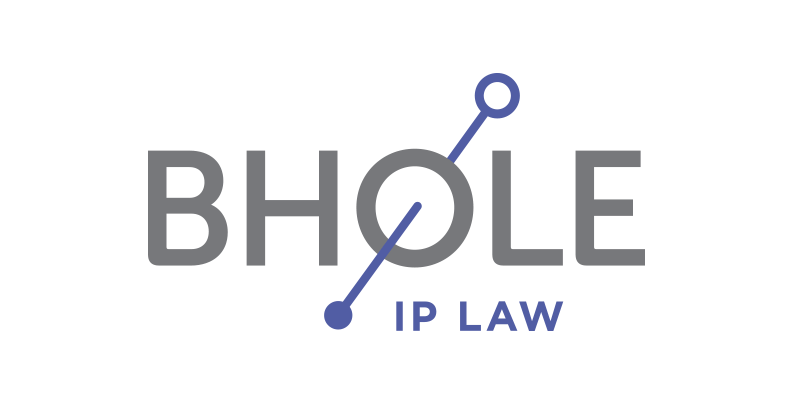When you think of trademarks, what comes to mind? Probably an assortment of symbols, each evoking a particular large company brand identity with its respective qualities. The value of these associations is obvious. Certainly, one role of a trademark is to represent this defining aspect of branding – i.e. trademarks serve to represent a company’s intangible brand while distinguishing a company from its competitors. However, the protective elements that simultaneously come into play aren’t as readily apparent.
How it works: A registered trademark provides a company exclusive rights to the use of their mark in respect of designated goods or services, importantly providing a scope of protection that extends to prevent others from using confusing marks on similar goods and services. This can be applied to elements like words, symbols, designs, packaging and even sounds.
Whether we’re talking about branding for a large IT company or a small local coffee shop the significance of registering a trademark is the same. Here are a few dos and don’ts when it comes to trademarks.
Do: Understand the difference between registered and unregistered trademarks
A registered Canadian trademark refers to a trademark that has been entered successfully into the Canadian Intellectual Property Office’s Register of Trademarks.
Registration confers protection for 15 years throughout Canada with the option of repeatedly renewing for successive terms.
While it is not mandatory to register a trademark, it is often advantageous to do so. Registration provides a legal presumption of ownership, streamlining the resolution of any issues that arise with other companies, for example, if another company infringes a registered trademark by selling goods or services under a confusing mark. Registration of your mark can significantly minimize the hassle of dealing with protracted legal conflicts because it provides direct evidence that you own the trademark.
Moreover, registered trademarks provide a scope of protection that extends across Canada, rather than merely being confined to the geographical area within which an unregistered mark is used.
Don’t: Increase cost by filing for trademark registration without knowing what is acceptable
Generally, trademarks will not proceed to registration if they are:
- Primarily comprised of a name or surname
- Clearly descriptive (i.e. describe the character or quality of the goods and services of the company)
- Deceptive (i.e. inaccurately describe the goods and services of the company)
- Words for the company’s goods and services in another language (e.g. “gelato”)
- Words or designs that are confusing with an existing trademark or a pending trademark or trademarks
- Words that indicate a geographical location commonly known to be the place of origin of the respective goods and services
- A trademark that looks very similar to a prohibited mark
Filing for a possibly unregistrable mark will likely result in additional legal fees, with no guarantee of securing registration.
You can read more about the technicalities that go into these prohibitions and see a list of trademarks that are registrable and unregistrable on the Canadian Intellectual Property Office’s website here.
Do: Conduct a trademark search with an IP Law Professional before building your brand or filing for trademark protection
Conducting a trademark search before starting to use your mark (whether or not you register) can minimize the risk of having to rebrand. If you start using a trademark without knowing it is confusing with another company’s trademark, you risk having to rebrand later (as well as resulting in a possible lawsuit for trademark infringement!); this causes the marketing dollars you invested into your brand to become a sunk cost.
Further, a trademark search conducted by an IP Law Professional will help you assess the likelihood that your mark will be registrable, considering marks that have already been registered and business names. Bhole IP Law can conduct a trademark search to look into listings that contain similar word marks, designs and any combinations that could result in problems with registering your trademark.
Proper trademark searching will make sure that your business steers clear of being confusing with others, helping to ensure an efficient path to registration, and avoiding future legal headaches.
BHOLE IP LAW is a boutique IP firm located in downtown Toronto, Canada and practices in all areas of IP, including developing business-minded trademark strategies for startups, small and medium-sized businesses. BHOLE IP LAW provides competitive fees and, importantly, takes pride in its responsive and advisory approach.
**The information provided herein is a general background of intellectual property law concepts, does not constitute legal advice, and should not be relied upon as legal advice. Bhole IP Law, and the author, make no express or implied representations or warranties in respect of the information, including but not limited to the accuracy of the information. Note that while Bhole IP Law is a firm of Canadian lawyers authorized to practice before the United States Patent and Trademark Office, we are not U.S. lawyers nor lawyers in any other jurisdiction. As such, other foreign counsel may need to be consulted for U.S. or foreign legal matters.**
